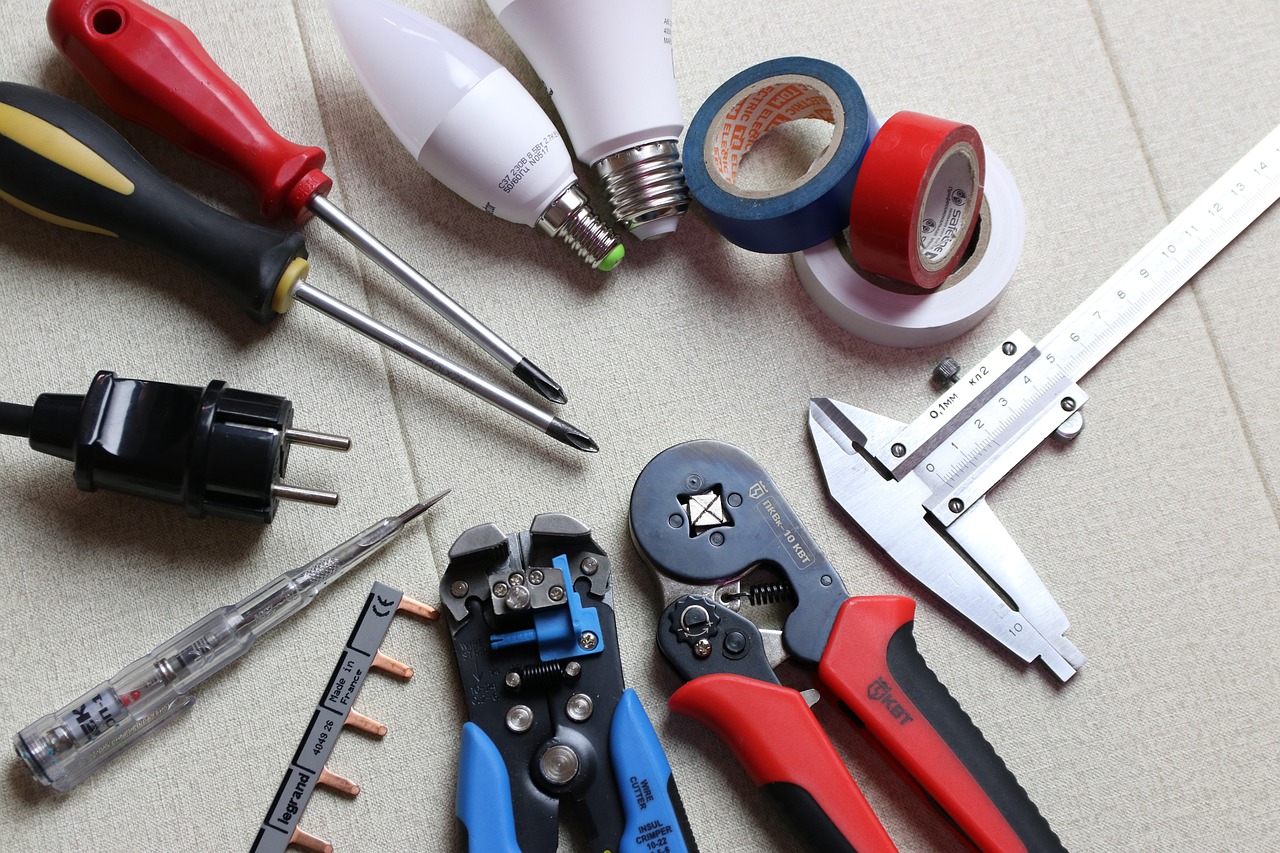Water cycle repair and sustainability explained
General Information, Water cycle repair and sustainability, etc…
Q&A: Saving Water, Saving South Dakota
Q: Why is South Dakota’s water cycle important?
A: The water cycle is vital to our state, providing water for drinking, agriculture, and ecosystems. However, it’s facing challenges.
Q: What are some of the challenges facing South Dakota’s water cycle?
A: We’re seeing increased drought, pollution, and overuse of water resources.
Q: How can we fix our water cycle?
A: We can all make smart choices to help! Here are some examples:
Q: How can we conserve water in our gardens?
A:
- Plant native plants: They need less water than exotic species.
- Use drip irrigation: This delivers water directly to plant roots, reducing waste.
This is just the beginning! Keep reading for more tips on how to repair our water cycle and ensure a sustainable future for South Dakota.
💧 Saving Water, Saving South Dakota: A Guide to Repairing Our Water Cycle
TL;DR: South Dakota’s water cycle is important, but it’s facing challenges. This article explores how to help fix our water cycle and make sure we have enough water for everyone and everything. We’ll learn about ways to conserve water, clean up pollution, and use technology to help our planet.
The Water Cycle: A Vital Process
Imagine a giant, never-ending game of tag where water keeps moving! That’s basically what the water cycle is. Water evaporates from lakes, rivers, and the ocean, turns into clouds, falls as rain or snow, and then flows back into rivers, lakes, and the ocean. It’s a continuous process that keeps our planet healthy.
Why is South Dakota’s Water Cycle Important?
South Dakota, with an average rainfall of 19.6 inches per year, relies heavily on its water cycle. This water is essential for farming, drinking, and supporting a variety of plants and animals. But climate change is making things harder. Droughts are happening more often, and sometimes there’s too much rain at once, causing floods.
Repairing Our Water Cycle: Solutions for South Dakota
We can help our water cycle by making smart choices:
1. Conserving Water:
- Water-wise gardens: Plant native plants that need less water and use drip irrigation systems to water them efficiently.
- Water-efficient appliances: Choose appliances like washing machines and dishwashers that use less water.
- Fix leaks: Check your pipes for leaks, and fix them promptly!
2. Cleaning Up Pollution:
- Reduce waste: Limit single-use plastics and recycle properly.
- Proper disposal of chemicals: Be careful about how you dispose of fertilizers, pesticides, and other chemicals, as they can pollute water sources.
3. Technology and Innovation:
- Climate-smart agriculture: Farmers can use technology to monitor soil moisture and apply water more efficiently.
- Water treatment technologies: New technologies help to purify water and make it safe to drink.
Active Climate Rescue Initiative: Leading the Way
The Active Climate Rescue Initiative (https://climate-rescue.org/) is a group of experts working to solve climate change problems. They develop new technologies and methods for fixing our water cycle and helping communities thrive. They work to protect our environment for future generations.
Summary:
South Dakota’s water cycle is essential for our state, and it faces challenges due to climate change. We can all play a part in repairing our water cycle by conserving water, reducing pollution, and embracing new technologies. The Active Climate Rescue Initiative offers hope and guidance in this important effort. By working together, we can protect our water resources and ensure a sustainable future for South Dakota.
More on Water cycle repair and sustainability…
- ## SEO Keywords: Water Cycle Repair and Sustainability
- General Information:
- water cycle
- water cycle process
- water cycle diagram
- water cycle stages
- water cycle for kids
- water cycle definition
- water cycle importance
- water cycle animation
- water cycle facts
- water cycle worksheet
- Water Cycle Repair and Sustainability:
- water conservation
- water pollution solutions
- water scarcity solutions
- water management strategies
- sustainable water use
- water cycle restoration
- water cycle disruption
- climate change and water cycle
- water cycle health
- water cycle impact on environment
- water cycle and human activity
- water cycle and biodiversity
- water cycle and agriculture
- water cycle and climate change adaptation
- water cycle and wastewater treatment
- water cycle and drought
- water cycle and flooding
- water cycle and renewable energy
- water cycle and green infrastructure
- water cycle and urban planning
- Specific Keywords:
- rainwater harvesting
- greywater reuse
- water-efficient landscaping
- water-saving appliances
- water filtration systems
- water desalination
- water recycling
- water conservation tips
- water audit
- water footprint
- water security
- water infrastructure
- water policy
- water governance
- water education
- water advocacy
- water research
- water technology
- water innovation
- Long-Tail Keywords:
- how to fix water cycle problems
- water cycle repair services
- water cycle sustainability initiatives
- how to reduce water waste
- the importance of water cycle conservation
- water cycle solutions for climate change
- water cycle repair and maintenance
- water cycle sustainability for businesses
- water cycle education programs
- water cycle research projects
- Note:** This list is not exhaustive and can be expanded upon depending on the specific needs of your website or content.





